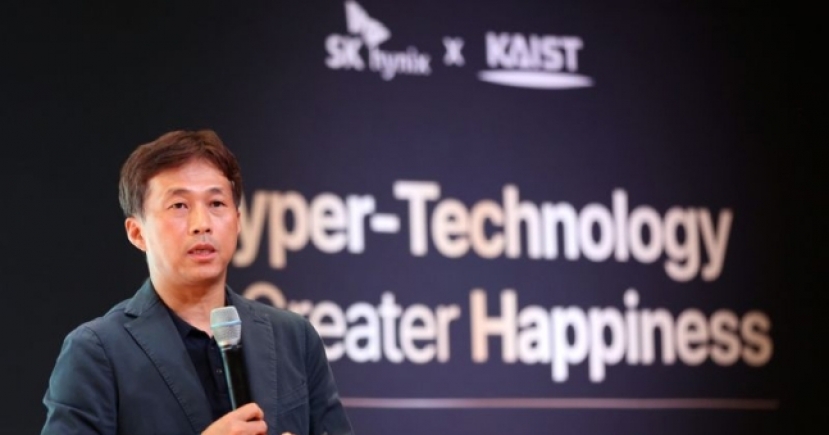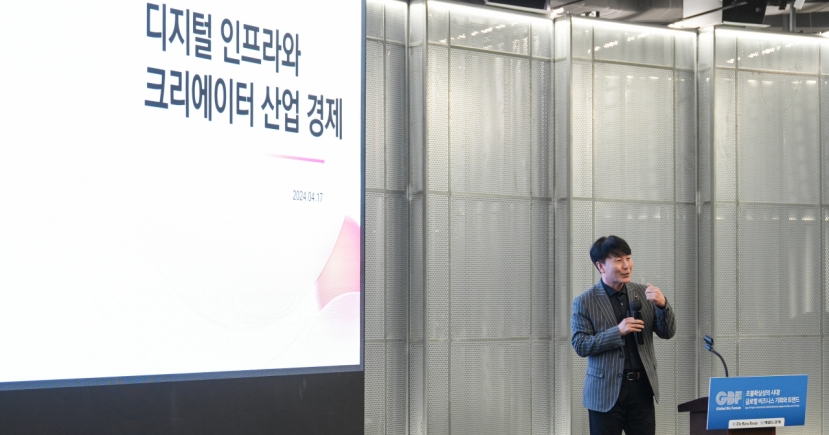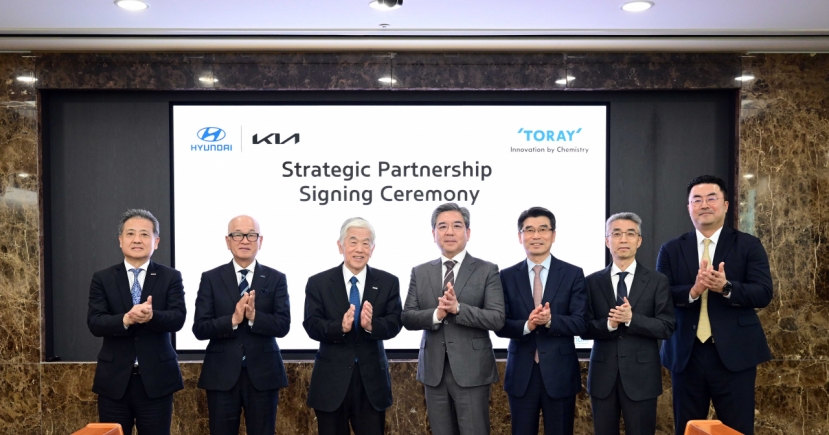Deals
Woongjin drowns in debt over Coway acquisition
The financial strain on family-owned conglomerate Woongjin Group is intensifying due to its takeover of water purifier rental firm Coway that involved huge loans. The group is now suffering from a worsening balance sheet and faces the possibility of credit ratings cuts, according to sources.
To lower its leverage, Woongjin is now moving to offload noncore assets, but industry watchers say that even this is not an easy option.
 |
Courtesy of Coway |
Related:
Woongjin consortium to buy back Coway
Woongjin Thinkbig shares plunge on Coway acquisition plans
The conglomerate had in January 2013 sold off Woongjin Coway for 873 billion won ($768 million) to private equity MBK Partners, as part of its workout to remove leverage from a series of acquisitions including builder Kukdong E&C.
A consortium formed by its educational contents provider arm Woongjin Thinkbig and Korean private equity firm STIC Investment signed a stock purchase agreement to reacquire the 22.17 percent stake in Coway from MBK Partners in late-October 2018. The debt-financed transaction of 1.68 trillion won closed on March 22.
Anticipation for the takeover ran high, as Woongjin had made the case for revenue diversification and intragroup synergy effects through its purchase.
Products of both Coway and Woongjin Thinkbig are sold or rented to customers through door-to-door distribution channels, with a workforce of some 20,000 and 13,000, respectively. Woongjin’s assets will now jump to 4.5 trillion won, from 2.5 trillion won. But at the same time, uncertainties have increased over its growing debt, liquidity crunch, repayment pressure and structural debt subordination risk.
Of some 2 trillion won ammunition of Woongjin, over 80 percent is leveraged by STIC Investment’s convertible bonds and lenders led by an investment bank Korea Investment & Securities. This caused Korea Investors Service to cut its credit rating by a notch to BBB- on April 2. KIS also downgraded it to “negative.”
“From a short- to mid-term perspective, Coway’s inclusion in Woongjin Group is overshadowed by its debt financing that upped group-wide financial pressure, clogged the cash flow and undermined repayment capabilities,” Jeong Ik-su, senior credit analyst at KIS, wrote in a memo to investors.
In particular, Woongjin Thinkbig’s balance sheet will worsen drastically. Its debt-to-equity ratio is estimated to have jumped threefold to 309.1 percent. Also, its parent company Woongjin’s 221 billion won capital increase raised its double leverage ratio by nearly 100 percentage points to 242.1 percent, according to Jeong.
Both Woongjin and Woongjin Thinkbig are trading on main bourse Kospi.
While Woongjin Thinkbig is seeking an additional stake acquisition worth 300 billion won in Coway to use up all its 2 trillion won ammunition, Woongjin is facing an immediate need to normalize its balance sheet. To do so, it has sought to put up for sale its subsidiaries, Woongjin Playdoci, Booxen and Woongjin Energy.
But the subsidiaries’ financial risks also pose hurdles.
Another credit ratings agency NICE Investor Service cut Woongjin Energy’s long-term issuer rating by two notches to B- on doubts about its business sustainability. The solar cell wafer maker is set to be delisted from Kospi. Its stock trading was suspended on March 28 as external accounting auditor Ernst & Young Han Young issued a “disclaimer of opinion” on its financial statements. It logged a 111.8 billion won net loss in 2018.
The company has some 75.7 billion won payment overdue for principal and interest on bonds and convertible bonds, which account for some 70 percent of its equity.
Woongjin’s holding company had rejected Woongjin Energy’s call to inject capital. Moreover, it did not respond to Ernst & Young Han Young’s call to repay some 100 billion won short-term debt.
“We are open to the possibility that Woongjin Energy’s financial risks could spread across the group,” said Jeong of KIS.
By Son Ji-hyoung (consnow@heraldcorp.com)








